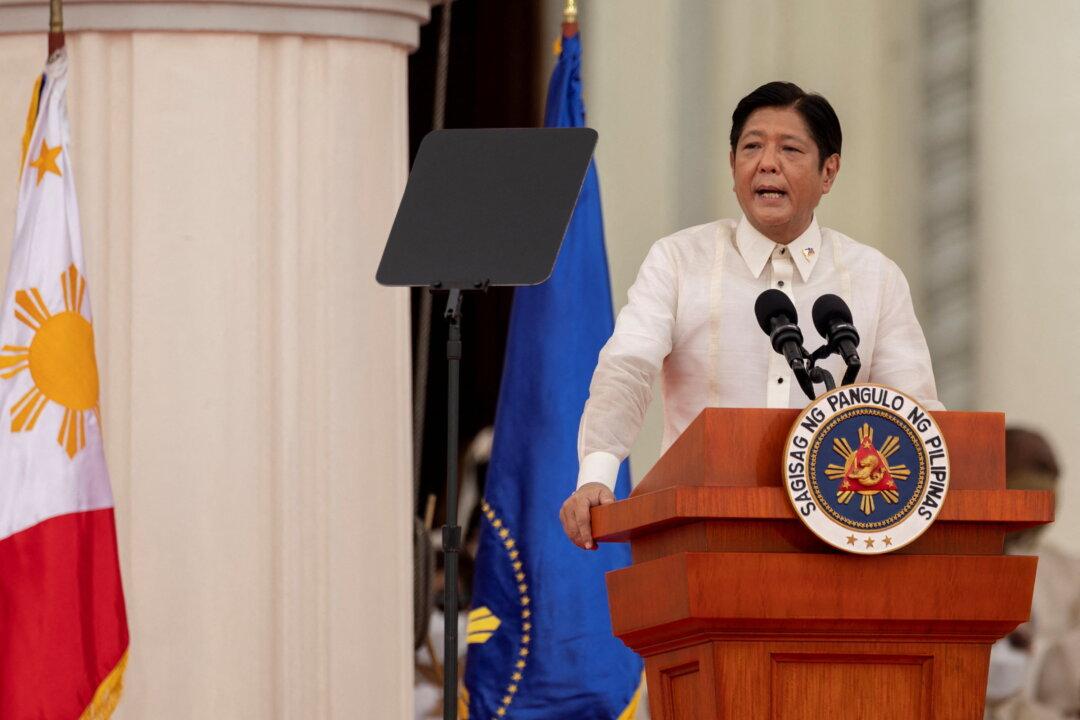The president of the Philippines has ruled out the prospect of rejoining the International Criminal Court (ICC) amid the court’s request to resume its investigation of the previous administration’s war against illegal drugs.
President Ferdinand Marcos Jr., who took office on June 30, said the decision was made after consulting with his legal team on the ICC’s investigation of then-President Rodrigo Duterte’s anti-drug campaign.





